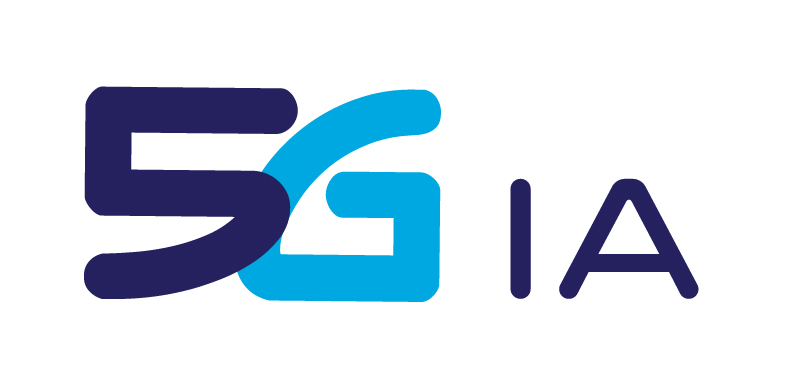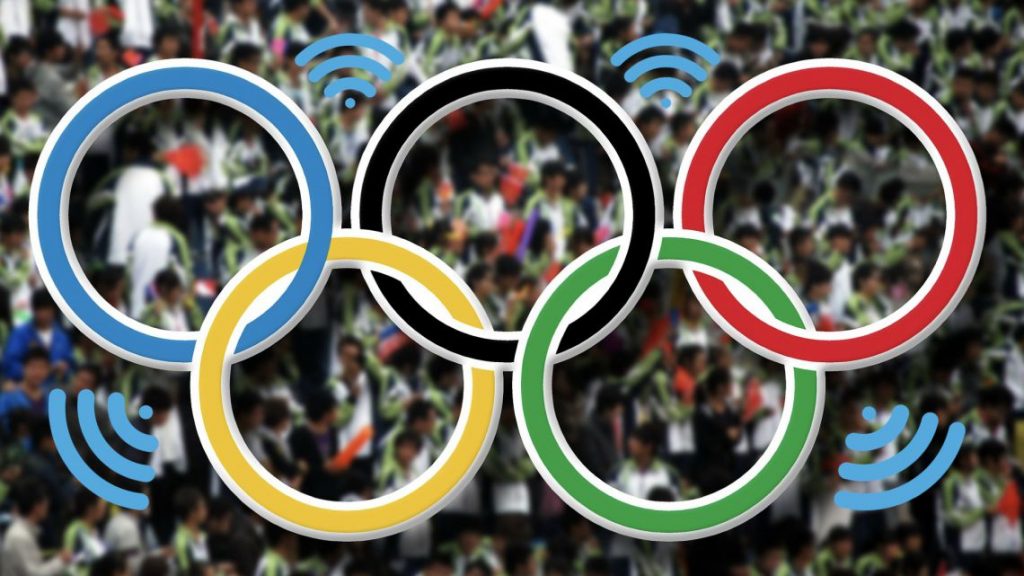

- About us
- Getting Involved
- Plans & Papers
- Events
- European 5G Activities
- Media & News
- Contact
New 5G standard gives 10 times faster MBB access rate thanks to EU research
New 5G standard called New Radio(NR) will provide the needed capacity to make data traffic jams a thing of the past. This standard will be able to provide very fast mobile broadband access which provides users with seamless connectivity.

The new 5G standard, NR will provide enhanced Mobile Broadband with faster access rate which is about 10 times more than 4G. Faster access rate will help to handle the vast increase of mobile traffic at an affordable cost. People will be able to then access the internet without disruptions even when there are large crowds using internet like in stadiums, on aircraft or in trains.
5G standard – New Radio
The first 5G standard was adopted by the 3GPP initiative, the organization developing standards for mobile communications, in its recent plenary meeting in Lisbon. The technology is called NR – New Radio. The research is funded by the Horizon 2020 programme through the 5G Public Private Partnership, contributed to develop the standards in cooperation with other main players of telecommunications such as China, US, Japan and South Korea.
Contribution from 5G funded by the EU

The 5G Public Private Partnership that benefits from a €700 million budget under the Horizon2020 programme is instrumental for Europe and its industry to drive future key 5G technologies. Europe’s 5G strategy states the strategic importance of Europe as one among the first to deploy and use 5G networks.
The 5G Public Private Partnership has massively supported industrial leadership through contributions to 3GPP standardisation and technology validation. Some early 5G trials (without full NR standard implementation), where EU jointly participates with Korea, will be showcased during the upcoming winter Olympic Games in PyeongChang (Korea), and represents a good step towards 5G.
What does it mean? What are the new applications?
We will take seamless connectivity for granted, wherever we live, work, gather, or travel. Through this new NR standard, 5G will provide the needed capacity to make data traffic jams a thing of the past. Thanks to this new standard, 5G will evolve around enhanced Mobile Broadband, i.e. with faster access rate – about 10 times more than 4G – and helping to handle the vast increase of mobile traffic at an affordable cost. 5G will bring to the end user a seamless connectivity and will improve the mobile broadband experience in various circumstances (e.g. at the stadium, on aircraft or train). However, 5G will be more than faster mobile Internet speeds. It has the potential to transform our economic sectors.The European Commission encourages the 5G standards body to address forward-looking strategic 5G use cases in the next versions of the standard.
Next steps
5G will be the enabler of new applications that will be possible thanks to very high speeds and low latency, such as high definition video everywhere and augmented reality where the digital and physical world will become one. The opportunities for Europe are enormous. 5G has the potential to transform our industries with huge growth opportunities and creating new jobs. It will also improve the access to digital skills and change the way we work. Its impact will be experienced by all European citizens and businesses. We will especially feel its benefits for example in safer mobility, cheaper energy, and better health services.
Therefore we need even more comprehensive standards enabling such kind of new applications. The next versions which are planned for summer 2018 should address these use cases and the 5G PPP will continue to play a vital role in this regard. In this regards, the European Commission will mobilise €200 million of the research and innovation programme Horizon 2020 for the upcoming calls on trials, which are intended to boost the partnerships on verticals, for example for Cooperative, Connected and Automated Mobility.
From the European Commission “Digital Single Market Weekly Newsletter – 16 February 2018”.







Share On